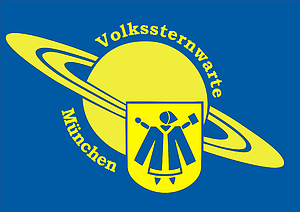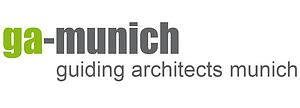Become a Reciprocity Partner
There are five levels of partnerships based on in-kind contributions: Education, Technology, Media, Reciprocity and Exhibition partners.
Reciprocity Partners are institutions, such as museums, science centres, etc., based in Germany, Austria and Switzerland. Through the reciprocity arrangement with partners we will create a win-win situation by cross-promoting activities. Reciprocity Partners will gain the following benefits:
- Business benefits
- Brand association with ESO and the right to use the ESO logo to mark the partnership with the ESO Supernova
- Visibility benefits
- Your flyer in the picnic area
- Logo on ESO Supernova web site Partners pages
If you are interested in becoming our partner please contact us
Current reciprocity partners
The Public Observatory Munich is equipped with several large telescopes, a planetarium, a lecture room, an exhibition hall, a substantial library, laboratories and its own machine shop.
Only the continuous support and an annual grant by the city of Munich, the honorary work of the members of the club and the support by many sponsors makes its educational work possible, which served the spread of astronomical knowledge as primary public task of the club.
Today, the club has some 600 members and about 25,000 people visit the more than 800 public shows per year, where they experience some of the wonders of the universe in our premises.
We are a qualified team of architects, urban planners and architectural journalists who guide you through Munich's contemporary architectural and urban development.
First-hand information and an in-depth and knowledge make the tours an informative experience for both professionals and interested lay people. Many years of experience and an extensive network also give us the possibility of exclusive access to special places and buildings.
The Max Planck Society conducts basic research in the natural sciences, life sciences, and humanities. It was founded in 1948 as a successor organisation to the Kaiser Wilhelm Society and has 29 Nobel laureates in its ranks. With its 86 Max Planck Institutes and facilities, it is the international flagship for German science: in addition to institutions outside of Germany, it operates another 20 Max Planck Centers with research institutions such as Princeton University in the USA, the Paris University Science Po in France, the University College London in UK, and the University of Tokyo in Japan. Equally funded by federal and state governments, the Max Planck Society had an annual budget of 1.97 billion Euros in 2021.
The trio NOVA has dedicated itself to the musical translation of space, time and science fiction. This is how the planets, suns, galaxies and the vastness of the universe sound in the imagination of the three musicians. All compositions tell stories about incredible astronomical phenomena and the intriguing ideas of science fiction. NOVA’s live performances are accompanied by visuals which illustrate these stories.




